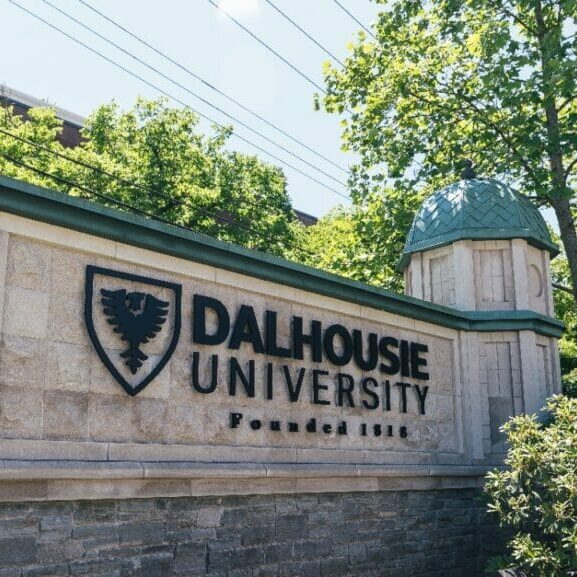
Dalhousie task force makes recommendations to prevent false claims of Indigenous identity
False claims of Indigeneity divert resources away from Indigenous students, staff and faculty
A Dalhousie University task force released a report last month on settler misappropriation of Indigenous identity. The report, titled Understanding our Roots, was created to disrupt false claims of Indigenous identity, membership and citizenship at Dalhousie.
Brent Young is the co-chair of the task force and the academic director for Indigenous health in the Faculty of Medicine at Dalhousie.
“We were looking specifically at settler misappropriation of Indigenous identity at Dalhousie and sought to put forward recommendations related to that issue,” Young said.
False claims of indigeneity, referred to in the report as Indigenous identity fraud, occur when non-Indigenous individuals self-identify as Indigenous. At most academic institutions, including Dalhousie, individuals are often required to self-identify during application processes for admissions, scholarships and grants.
According to the report, false claims of Indigeneity divert resources away from Indigenous students, staff and faculty towards non-Indigenous people who make the false claims. These false claims can be damaging to Indigenous people.
Dalhousie’s task force
“It’s well known that this issue has been going on at the university and other universities for many, many years,” said Young. He said that in Indigenous communities, this issue dates back for decades. According to Young, the task force found that conversations on this topic have been occurring at Dalhousie for at least a decade.
A case of Indigenous identity fraud in Atlantic Canada made headlines earlier this year when Vianne Timmons, the former president of Memorial University of Newfoundland and Labrador came under investigation. In 2019, Timmons accepted the Indspire Award, an award for Indigenous individuals.
Beginning in 2011, Timmons was identified as a member of the Bras d’Or Mi’kmaq First Nation, which formed around 2007 and isn’t recognized by the Union of Nova Scotia Mi’kmaq or the federal government.
While Timmons said she never claimed to be Indigenous, the CBC report found that she claimed Mi’kmaq ancestry several times on CVs and professional bios in the years leading up to her tenure as president of Memorial from 2020-2023.
Timmons faced significant backlash from the Indigenous community at Memorial and was removed from her position as president without cause in April.
In an interview about the Dalhousie task force and report, Young did not refer to Timmons but said that “there are a number of leaders in academic institutions across Canada who have been identified as making false claims that I think have largely been seen as unfounded.”
“We weren’t focused on talking about individual cases or trying to hunt or out people during this process,” Young said. The task force’s goal is more about identifying the issue and determining potential solutions according to Young.
Recommendations to Dalhousie
The result was a list of 11 official recommendations directed towards the university. The first was that Dalhousie president Kim Brooks apologize to the Indigenous community for the harm that has occurred as a result of the Indigenous self-identification process thus far.
On Oct. 13, Brooks issued an apology to the Indigenous community, specifically the Mi’kmaq, Wolastoqey and Peskotomuhkati nations. Brooks also said that Dalhousie would “not infringe on the collective right of Indigenous Peoples to determine their own identity or membership.”
The remaining 10 recommendations aimed at Dalhousie include implementing a university-wide verification process for claims of indigeneity and amending policies to include reference to the previously mentioned harms.
The task force consisted of three Indigenous members of the Dalhousie community, Young, Ann Labillois and Catherine Martin, as well as John R. Sylliboy from the Millbrook and Eskasoni First Nations.
The task force held various large and small group meetings with Indigenous community members, three formal meetings with the Indigenous Advisory Council and one-on-one meetings. The council is a strategic body at Dalhousie that provides advice to the administration on topics related to indigeneity.
Young said that he hopes Dalhousie can make these changes through a centralized process rather than each faculty acting individually, thus lowering the financial administrative cost associated with making the changes the task force found are needed.






